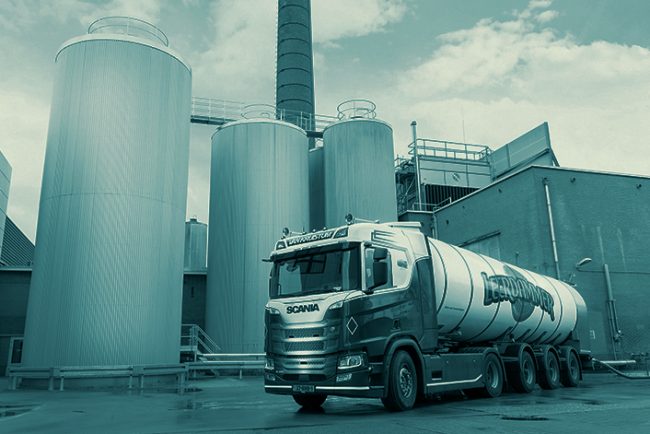Royal Bel Leerdammer
Keeping liters of milk under control
Royal Bel Leerdammer is one of the Netherlands’ biggest cheese manufacturers. It produces over 73,000 tons of Leerdammer cheese per year, using 730 million liters of milk. A strict control over milk streams throughout the factory is crucial to avoid contamination. And if milk batches are mixed, this should be logged. No simple feat, but INDEFF proved to be ready for this challenge.
Countless milk batches
As every cheese recipe calls for a particular type of milk, it is vital that the milk batches flowing through the factory don’t get mixed. Otherwise, the product is considered contaminated and will not meet quality standards. Still, if milk supply is low, an operator may choose to combine batches to create a different-value product – to ensure production continuity. INDEFF was asked to develop an automation system for these separated milk streams.

Swift implementation
In this project, time was of the essence, as production continuity had to be guaranteed. Indeed, the client had to be able to meet demand from retailers. This put a lot of pressure on the integration team. Luckily, INDEFF could draw on its experience in similar projects – both in developing the solution and in getting everyone to agree on it. As a result, milk is now flowing smoother than ever, and Royal Bel Leerdammer is certain it can keep on producing cheese of the highest quality.
From PLC to onboarding
After agreeing with the client on the best possible solution, INDEFF provided an automation system based on Siemens and ACCOS PLCs running AVEVA software (ACCOS PLCs being one of our unique areas of expertise). This system controls milk streams. throughout the factory and offers operators the ability to combine milk batches if necessary, all the while providing the data that allow for full traceability of all actions.
The system brought along substantial changes in how operators interact with their workstations. INDEFF’s project team helped the operators to not only work, but also think in a different way.
Goals
- Implement a contamination and degradation system for milk streams.
- Allow operators to automatically log mixing actions
- Help users get the most out of the new system
Challenges
- Stick to a strict time schedule
- Keep downtime to an absolute minimum
- Align visions of operators, management and integrator
Results
- Complete control over cheese production
- Smooth production flow
- Operators can easily mix and degrade batches of milk if they must